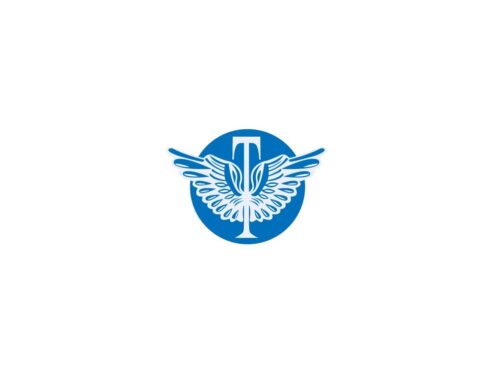Zambia National Commission for UNESCO is a unit under the Ministry of General Education. Zambia joined UNESCO on 9 November 1964, few weeks after Zambia gained its independence. Dr. Charles Ndakala, Secretary General, discusses the important role of the Commission, its priorities and activities.
European Times: Please elaborate on the structure of UNESCO National Commissions?

Dr. Charles Ndakala: UNESCO is the only UN Agency to have a global network of national cooperating bodies known as National Commissions for UNESCO. Set up by their respective governments, the National Commissions operate, on a permanent basis, for the purpose of associating their governmental and non-governmental bodies in education, sciences, culture and communication with the work of the Organization.
Zambia National Commission for UNESCO was created by the act of the Parliament No. 32 and we are run by 22 commissioners, which includes the Minister of General Education, who is in fact the Chairperson of the Zambia National Commission for UNESCO.
The main challenge we face is the fact that UNESCO is perceived as a cooperating partner that provides funds, when in fact we are a governmental institution under the Ministry of General Education, which means that our entire funding used to achieve the objectives of the Commission is provided by the Ministry.
European Times: What are the roles of the Zambia National Commission for UNESCO?
Dr. Charles Ndakala: The Commission is actively working in the education, natural sciences, human sciences, cultural and information and communication sectors. Our aim is to promote intellectual and international understanding and peace and tolerance amongst the people.
Other specific roles are to advise the Government on matters relating to UNESCO; to execute and to give advice on, and assistance in, the execution of UNESCO projects in Zambia; to disseminate information concerning UNESCO and its activities to the stakeholders such as the ministries, civil society organisations, and individual citizens of Zambia.
European times: Could you please elaborate on some of the projects of the Commission?
Dr. Charles Ndakala: One of our major projects is the documentation of the slave trade in Zambia. We are also documenting the culture of different tribes in Zambia, to keep our people well informed and connected to their roots.
In the information and communication sector, we have set up several community radio stations in order to ensure that all our work and information is disseminated well in all rural areas. We also hold different workshops to educate journalists on the use of ICT and how to uphold ethics during their line of work.
Regarding education, we are trying to integrate information and communication technology in the sector. We have also helped in formulating the education syllabus and in the improvement of the capacity of the teachers.




